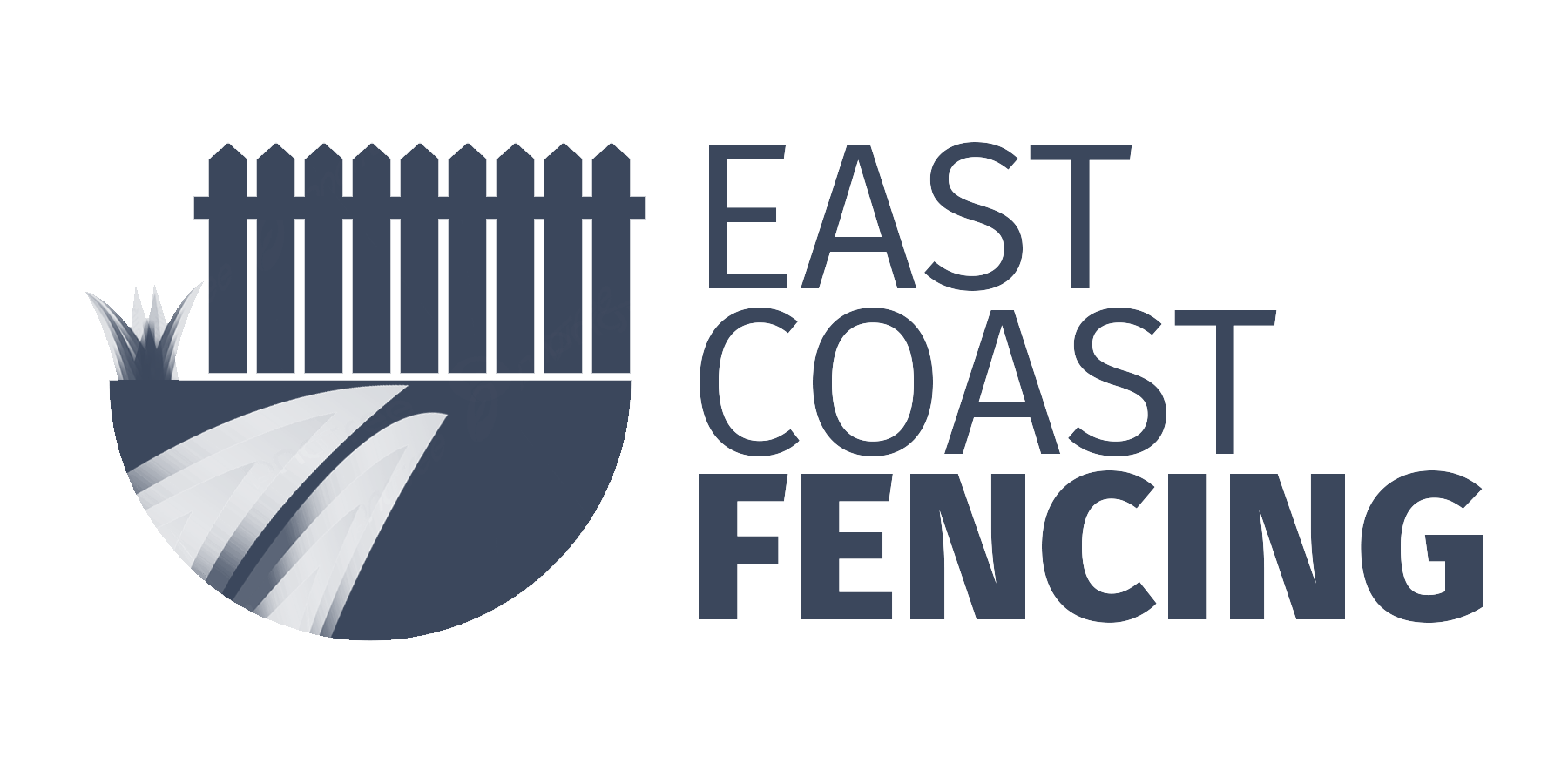Career Change Alert: Top 10 Considerations for Pursuing an Outdoor Profession

Changing careers is a significant decision, and for those looking to merge their professional life with the great outdoors, it’s not just about escaping the four walls of an office but about pursuing a passion that's aligned with nature. With the increasing appreciation for work that contributes to mental health and wellbeing, outdoor professions are gaining momentum. Before swapping your desk for the wilderness, here are the top 10 considerations to guide you on this exciting path.
1. Assess Your Passion for the Outdoors
The allure of working outdoors can be strong, but it's vital to ensure your passion aligns with an everyday professional commitment. Being outdoors in all weather conditions and scenarios is different from recreational outdoor activities. Be honest with yourself about this commitment.
2. Understand the Variety of Roles Available
Outdoor professions are vast and varied. From environmental conservation, forestry, outdoor education, and adventure tourism to roles in agricultural sectors, there’s a broad spectrum. Research the roles to find one that suits your skills and interests.
3. Consider the Necessary Qualifications
Many outdoor careers require specific qualifications or certifications. For instance, a career in environmental science might need a degree in a related field, whereas becoming a certified mountaineering instructor requires different credentials. Evaluate the education or certification you’ll need to transition smoothly.
4. Think About Seasonal Work Vs. Year-Round Employment
Some outdoor professions are seasonal, which could impact income stability. Consider if you’re looking for year-round employment or if you’re flexible with seasonal work that could vary by region and demand.
5. Analyse the Physical Demands
Outdoor work is physically demanding. Assess your physical condition and the demands of the job, such as the ability to perform in various weather conditions, carry heavy equipment, or traverse challenging terrains.
6. Location, Location, Location
Your willingness to relocate can significantly influence your career in the outdoors. Some professions may require you to move closer to rural or wilderness areas. Decide how location-dependent you are and how much you're willing to adapt.
7. Consider the Environmental Impact
For many, a major motivation for working outdoors is the chance to contribute positively to environmental conservation. Evaluate how different roles can align with your values concerning ecological impact and sustainability.
8. Financial Implications
Research the financial aspects, including the potential income range for your chosen profession. While outdoor careers can offer incredible experiences, they often start with modest salaries, so plan accordingly.
9. Work-Life Balance
Consider how an outdoor career will fit with your lifestyle. For some, the irregular hours and potential for remote work locations offer an appealing alternative to 9-to-5 jobs, while for others, it could be challenging.
10. Long-Term Career Prospects
Finally, consider the future. Look into the growth potential within your chosen field and the opportunities for advancement. Understanding the career trajectory can provide a clearer picture of what to expect in the long run.
Making the Leap
Opting for a career that allows you to work outdoors can be incredibly rewarding, offering a unique blend of challenges and fulfilment. It's a chance to connect with nature, contribute to the planet's wellbeing, and pursue what truly inspires you. However, such a significant change should be approached with thorough consideration and planning.
Start by volunteering or taking part-time work in the field you’re interested in. This hands-on experience will provide valuable insights and a real taste of what to expect. Remember, making an informed decision based on a realistic understanding of the outdoor profession will set the stage for a successful and satisfying career change.















Leave a Comment